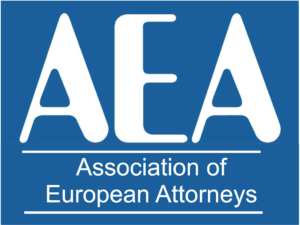Initially, the free movement of persons concerns mainly natural persons, men and women, and not companies or organizations with legal personality, but European law has evolved, offering more freedom of movement to legal persons.
For companies, does leaving their country mean losing their legal personality?
The answer was given in the Daily Mail judgment of September 27, 1998 (case 81/87), in which the Court established the principle of the free transfer of the registered office, without the company losing “the legal personality which it enjoys in the legal system of the Member State of incorporation and, where appropriate, the terms of that transfer are determined by the national law under which the company was incorporated”.
However, a nuance was introduced in 2008 in the Cartesio judgment of 16 December (case C-210/06), where a distinction is now made according to whether the transfer of the seat of a company “constituted under the law of a Member State to another Member State without a change in the law to which it is subject must be distinguished from that relating to the transfer of a company subject to the law of one Member State to another Member State with a change in the applicable national law, the company being transformed into a form of company subject to the national law of the Member State to which it is moving.
Thus, the State of creation is the only one competent to determine the law that dictates the connection of this company to its legal system.
In 2012, the Court of Justice of the European Union, recalled this primacy of the principle of freedom of establishment over national law and ruled that a difference in treatment between domestic and cross-border processing constitutes an unjustified restriction on the exercise of freedom of establishment.
It should also be specified that if the Member State authorizes the transfer of the real seat of a company initially constituted in conformity with the requirements of its national legal system, the host State cannot invoke its own legislation to prohibit the transfer of the real seat of the company, unless it contravenes the treaties.
On the other hand, it is possible for a company to have a registered office in a Member State, to leave it there and to transfer its real seat to another Member State without the latter opposing it by invoking its national law, as established by the Überseering judgment of 5 November 2002 (case C-208/00).
In this judgment, German law prohibited a company duly registered in the Netherlands from transferring only its real seat to Germany, while it kept its quality its status as a company in the Netherlands under Dutch law. This provision was contrary to the freedom of establishment…

